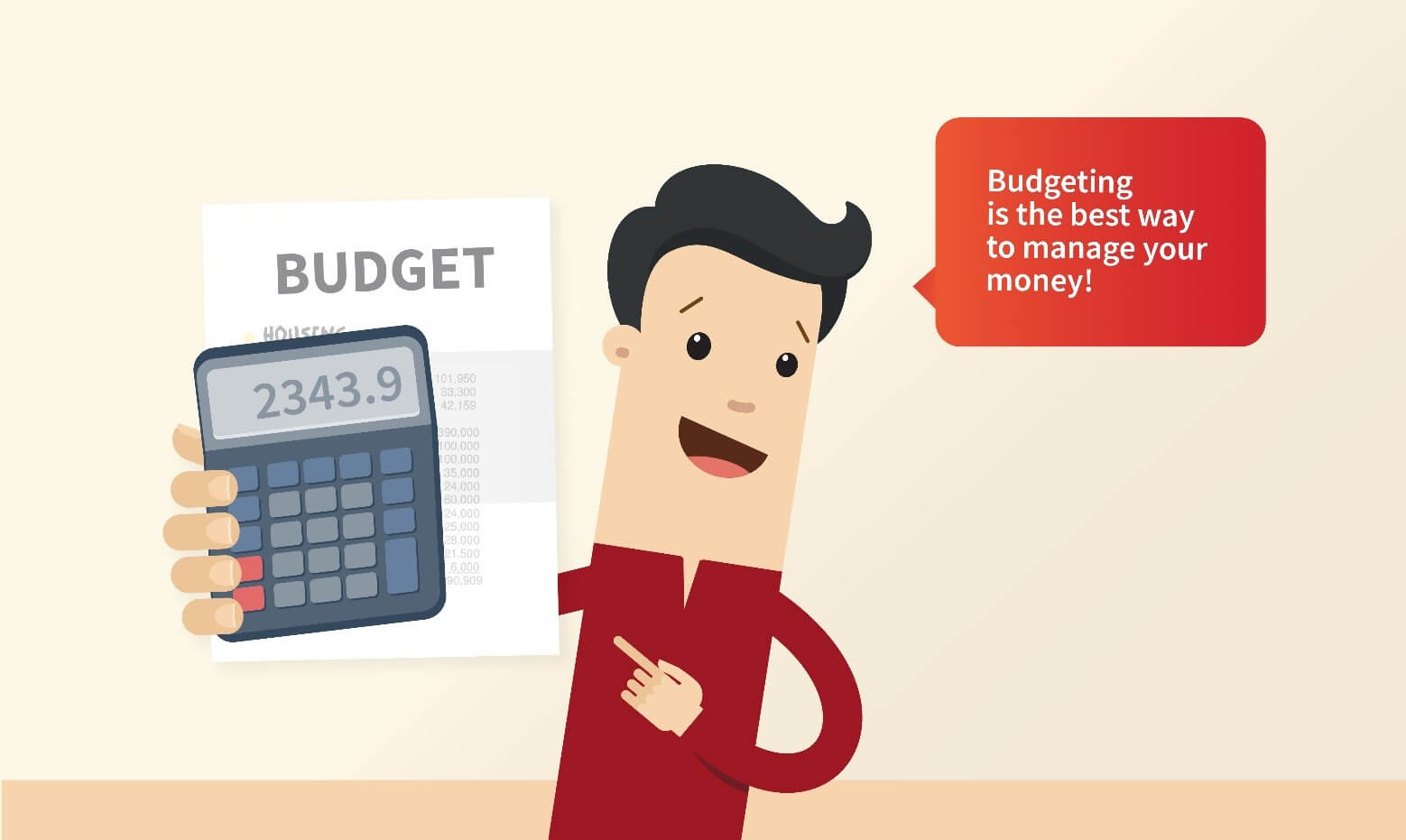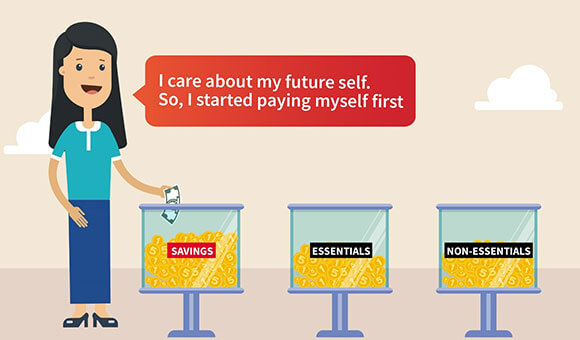What is Debt to Income Ratio and How is it Calculated?

Managing your finances wisely is essential for a secure financial future. One crucial aspect of financial health that often gets overlooked is the Debt-to-Income Ratio (DTI). Understanding what DTI is and how to calculate it can help you make informed financial decisions. In this blog, we will explore what the Debt-to-Income Ratio is, why it matters, and how to calculate it.
What is Debt-to-Income Ratio (DTI)?
DTI, or Debt-to-Income Ratio, is a financial metric that compares your monthly debt payments to your monthly income. It's a crucial indicator of your ability to manage your debt obligations and is often used by lenders when evaluating loan applications. DTI is expressed as a percentage and helps both individuals and lenders assess your financial stability.
Why Does DTI Matter?
DTI matters for several reasons:
Lending Decisions: Lenders use your DTI to determine whether you are a creditworthy borrower. A high DTI may indicate that you have too much debt relative to your income, making you a riskier borrower.
Budgeting: For individuals, DTI is a valuable tool for budgeting. It helps you understand how much of your income is allocated to debt payments, allowing you to make informed decisions about taking on additional debt.
Financial Stability: A low DTI suggests that you have a healthy balance between your income and debt, contributing to financial stability and peace of mind.
How to Calculate DTI?
Calculating your Debt-to-Income Ratio involves a fundamental formula:
DTI = (Total Monthly Debt Payments / Gross Monthly Income) x 100
Here's a step-by-step guide to calculate your DTI:
Add Up Your Monthly Debt Payments:
Include all your recurring monthly debt obligations such as mortgage or rent, car loans, credit card payments, student loans, and any other debts you may have. Exclude expenses like utilities, groceries, and insurance premiums.
Determine Your Gross Monthly Income:
This should include your pre-tax monthly income from all sources, such as your salary, freelance work, rental income, and any other regular income you receive.
Apply the Formula:
Divide your total monthly debt payments by your gross monthly income and multiply the result by 100 to get your DTI percentage.
Interpreting Your DTI
Your DTI can fall into one of three categories:
Low DTI (Less Than 20%): This indicates that you have a healthy financial balance, with most of your income available for savings and discretionary spending.
Moderate DTI (20-36%): A moderate DTI suggests that a significant portion of your income is allocated to debt payments but is still manageable. Lenders typically consider this level acceptable.
High DTI (Above 36%): A high DTI may raise concerns for lenders and indicate that you might be overextended with debt. It's essential to reduce your DTI if you find yourself in this category.
Managing Your DTI
If your DTI is high and you want to improve it, consider these strategies:
- Increase Income: Seek opportunities for additional income, like a part-time job or freelancing.
- Reduce Debt: Create a plan to pay down high-interest debts more quickly.
- Cut Expenses: Look for ways to reduce non-essential spending.
Conclusion
Understanding your Debt-to-Income Ratio is a fundamental aspect of financial literacy. It not only influences lending decisions but also helps you maintain a healthy financial life. By calculating your DTI and managing it wisely, you can work towards a more secure financial future and make informed decisions about taking on new debt.
Related Topics

- Managing Debts
Making the Right Financial Decisions Through Financial Literacy
In a world driven by constant change and economic uncertainties, the ability to make informed financial decisions is more crucial than ever.

- Managing Debts
How To Keep Yourself Safe From Online KYC Scams?
In an era dominated by digital interactions, the convenience of online services comes with an inherent risk

- Managing Debts
Why 77% of Working Professionals Rely on Personal Loans?
In today's fast-paced world, managing finances can be a daunting task for working professionals.

- Managing Debts
How to Choose Your Ideal Repayment Tenure for Personal Loans?
Personal loans have become an indispensable financial tool for many individuals, offering a quick and convenient way to address various financial needs.

- Managing Debts
Top 10 Ways to Identify Personal Loan Scams Online
In a world driven by digital advancements, online personal loans have become increasingly popular in India.

- Managing Debts
What is Repo Rate? How Does it Affect the Economy?
Have you ever heard the term "repo rate" and wondered what it's all about? Well, you're not alone.

- Managing Debts
Things to Tell Your Child When They Apply for Their First Personal Loan
As your child ventures into adulthood, they will face various financial milestones, one of which may be applying for their first personal loan.

- Managing Debts
How Can a Personal Loan Be Used as an Investment?
In today's fast-paced world, financial goals and dreams are many. Whether it's pursuing higher education, starting a small business, or renovating your home, we all have aspirations that require financial support.

- Managing Debts
5 Smart Tips For Easy Personal Loan Management
In today's world, personal loans have become an important financial tool to help individuals meet their financial goals. Be it organizing a wedding, buying a car or house, or even consolidating debt, personal loans can provide much-needed financial help.

- Managing Debts
Did you know credit scores affect your job prospects besides future borrowing!
You may have heard about credit scores if you have applied for a loan. But most of you may not know about its impact on things apart from your borrowings. This piece can help you understand other such ways in which your credit score may affect you.

- Managing Debts
Things you should always check while borrowing money
Interest rate is what a loan company or bank charges for the loan amount they grant you. It is an important factor that determines the total cost of the loan.

- Managing Debts
Could your decision to take another loan make you regret later!
Have you ever made an impulsive purchase and regretted later? Or fell into the trap of a promotional offer? This article tells you the important questions that you must ask before deciding to borrow money for anything.

- Managing Debts
Do you have everything you need to apply for a loan!
Are you planning to take a loan soon? But are you fully prepared to take the loan? Here’s a checklist you must read to make sure your loan application is processed and approved easily.

- Managing Debts
What is a budget? Why is it so important!
Budgeting is the solution of most financial problems. In this listicle, learn about what budgeting is and its many benefits.

- Managing Debts
Heard of paying yourself first? – Here is why it is important
Paying yourself first ensures you always save money. Read on to understand more about what it is and how it can help you.

